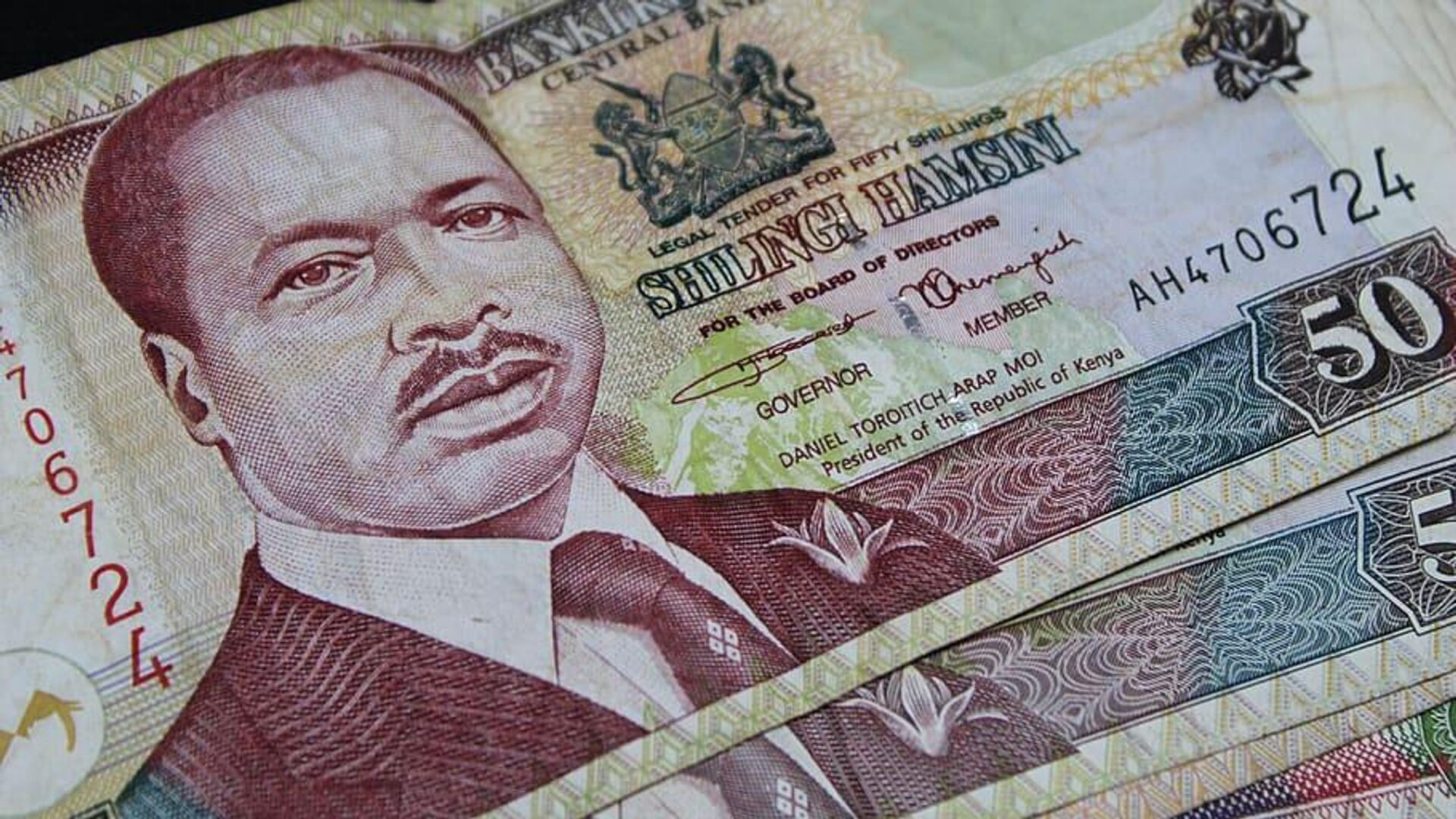https://en.sputniknews.africa/20230606/these-products-will-get-more-expensive-in-kenya-in-june-1059737726.html
These Products Will Get More Expensive in Kenya in June
These Products Will Get More Expensive in Kenya in June
Sputnik Africa
According to Professor XN Iraki, an economist at the University of Nairobi, rising energy prices, below-average rains, and the post-COVID rebound have all had... 06.06.2023, Sputnik Africa
2023-06-06T14:05+0200
2023-06-06T14:05+0200
2023-06-06T14:05+0200
sub-saharan africa
east africa
kenya
food security
inflation
bank
https://cdn1.img.sputniknews.africa/img/07e7/06/06/1059739450_0:48:911:560_1920x0_80_0_0_0c1eedfffefc76b82775d5a8f61f87d4.jpg
Kenyan farmers and dealers have warned consumers to prepare for increased prices of sugar, bread, eggs, rice, cooking oil, and other food goods this month, citing elevated input and fuel expenses, decreased domestic output, and increased import costs.The prices of major food commodities would remain high in June and serve as the primary causes of inflation in that month, according to the findings of the Agricultural Sector Survey performed by the Central Bank of Kenya between 9 and 12 May. The poll evaluated shifts in retail and wholesale costs, predictions of price and output changes, and sector-specific variables.It was discovered that logistics interruptions, labor costs, and the distances to markets all significantly affect food pricing. Though the cost of some foods, such as vegetables, decreased in May, the cost of others, such as sugar, increased. These changes, together with rising petrol and power prices, contributed to a 1.26 percent increase in inflation.According to the Kenya National Bureau of Statistics (KNBS), inflation rose to 8 percent in May from 7.9 percent in April as families' costs continued to rise.Nutrition, energy, and transportation prices, which make up around 57 percent of household budgets, increased by 10.2 percent annually.According to Trading Economics analysis and statistics, Kenya's annual inflation rate increased to 8 percent in May 2023, exceeding market expectations of 7.53 percent and rising from a 10-month low of 7.9 percent the previous month. Food and non-alcoholic beverage prices, particularly sugar (49 percent), and transport costs were the main factors driving price increases. With less sugar being produced domestically and globally as farmers move to growing other crops such as maize, sugar prices have been rising.
https://en.sputniknews.africa/20230605/3rd-african-congress-on-conservation-agriculture-kicks-off-in-rabat-1059727912.html
east africa
kenya
Sputnik Africa
feedback@sputniknews.com
+74956456601
MIA „Rossiya Segodnya“
2023
News
en_EN
Sputnik Africa
feedback@sputniknews.com
+74956456601
MIA „Rossiya Segodnya“
Sputnik Africa
feedback@sputniknews.com
+74956456601
MIA „Rossiya Segodnya“
east africa, kenya, food security , inflation, bank
east africa, kenya, food security , inflation, bank
These Products Will Get More Expensive in Kenya in June
According to Professor XN Iraki, an economist at the University of Nairobi, rising energy prices, below-average rains, and the post-COVID rebound have all had a significant role in Kenya's spiraling inflation, which the country has been trying to tackle for months.
Kenyan farmers and dealers have warned consumers to prepare for increased prices of sugar, bread, eggs, rice, cooking oil, and other food goods this month, citing elevated input and fuel expenses, decreased domestic output, and increased import costs.
The prices of major food commodities would remain high in June and serve as the primary causes of inflation in that month, according to the findings of the Agricultural Sector Survey performed by the Central Bank of Kenya between 9 and 12 May. The poll evaluated shifts in retail and wholesale costs, predictions of price and output changes, and sector-specific variables.
It was discovered that logistics interruptions, labor costs, and the distances to markets all significantly affect food pricing. Though the cost of some foods, such as vegetables, decreased in May, the cost of others, such as sugar, increased. These changes, together with rising petrol and power prices, contributed to a 1.26 percent
increase in inflation.
According to the Kenya National Bureau of Statistics (KNBS), inflation rose to 8 percent in May from 7.9 percent in April as families' costs continued to rise.
Nutrition, energy, and transportation prices, which make up around 57 percent of household budgets, increased by 10.2 percent annually.
"Prices of sugar, carrots, onions and beans increased by 22 percent, 16.3 percent, 5.1 percent and 3.6 percent respectively between April and May. However, the prices of kale, cabbage and avocado declined by 7.4 percent, 5.7 percent and 4.4 percent respectively," KNBS said.
According to Trading Economics analysis and statistics, Kenya's annual inflation rate increased to 8 percent in May 2023, exceeding market expectations of 7.53 percent and rising from a 10-month low of 7.9 percent the previous month.
Food and non-alcoholic beverage prices, particularly sugar (49 percent), and transport costs were the
main factors driving price increases.
With less sugar being produced domestically and globally as farmers move to growing other crops such as maize, sugar prices have been rising.


